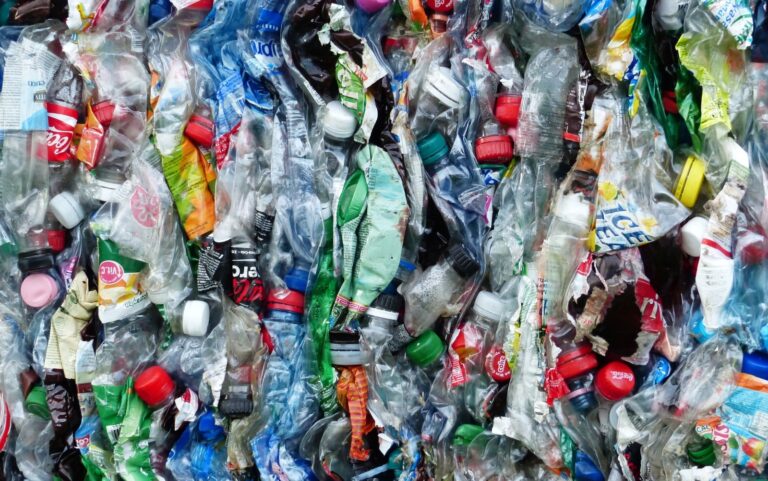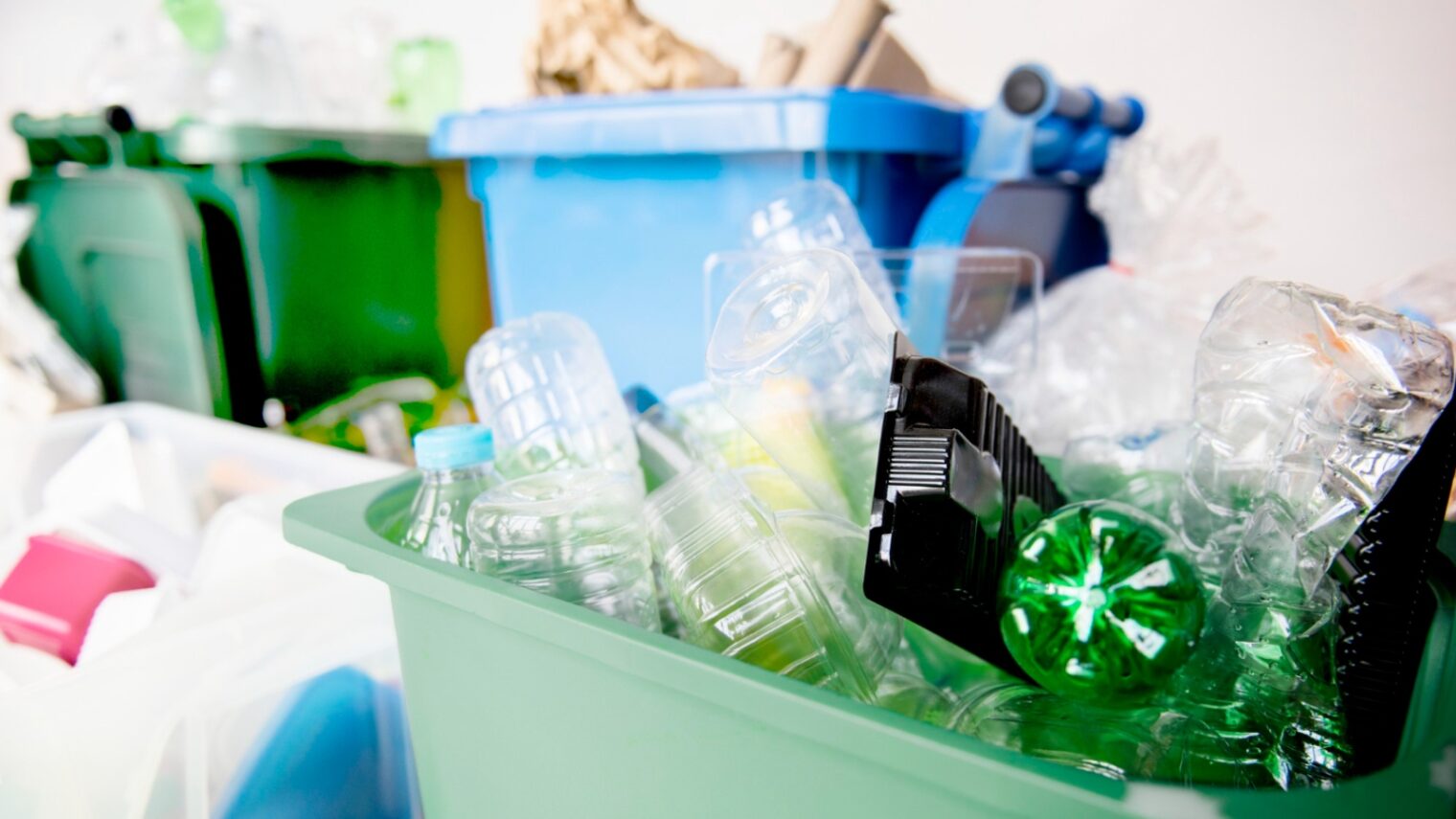There’s a new player in the field of addressing the severe global plastic waste problem, estimated at 400 million tons per year and growing.
Rehovot-based startup Plastic Back is establishing a pilot plant to do reverse engineering magic: breaking down any type of plastic waste into its original oil, wax and chemical components.
This plastic-derived feedstock will be returned to the petrochemical industry from which it came, to be upcycled into new products such as alternative plastics and fuel.
“We close the loop between the waste handlers that receive and handle millions of tons of plastic waste, and the petrochemical industry, which is heavily dependent on virgin feedstock,” CEO Tal Binder Cohen tells ISRAEL21c.
Plastic Back will buy any plastic waste that recycling facilities are not able to treat and would otherwise send to landfills or overseas. In this way, the technology can help waste handlers create profit as an alternative to landfill.
“There’s also an option for big brands to take part in collection of postconsumer plastic waste that we will collect and help them extend their producer responsibility targets,” says Cohen.
Low temps, small footprint
Plastic Back’s unique chemical process was developed by Prof. Yoel Sasson and Uri Stoin at the Hebrew University of Jerusalem’s Casali Institute for Applied Chemistry, to reduce environmentally detrimental landfilling and minimize the need for virgin petroleum feedstock.
The technology was licensed to Plastic Back in 2020 through Yissum, the university’s tech-transfer company.
“Our low-temperature chemical process based on free radicals has the ability to break down even the most durable of polymers,” said Sasson, a founder and advisory board member at Plastic Back.
The only direct competitors, adds Cohen, are “technologies that use very high temperatures and incineration processes, whereas we work in very low temperatures, saving energy and money.”
Moreover, Plastic Back’s closed conversion unit takes up a small physical space, making it easy for waste and recycling facilities to accommodate.
The startup’s target of treating 100,000 tons of plastic waste by 2028 will be helped by a recent $1.7 million seed funding round led by Vasuki Technology Fund, with participation from The Unknown Group (VenturesOne) and Risco Group.
A $35.25b market
Cohen said the global plastic waste management market is estimated at $35.25 billion this year. Removal and treatment fees for plastic waste currently reach up to $600 per ton.
Since the 1950s, some 8.3 billion tons of plastic waste have accumulated, 80 percent of which is buried in landfills, 14% incinerated and just 6% recycled.

Plastics that break down in the soil, water and air are causing health-related issues throughout Earth’s ecosystem, scientists say.
Many countries are seeking economically feasible solutions for stepping up plastic recycling, with treaties such as the Paris Agreement on climate change driving pledges and commitments to climate change action among businesses and policymakers.
Plastic Back is building its first pilot plant in southern Israel and has a staff of less than 10. But it has big ambitions.
“We plan to penetrate the EU market in places where the landfill prices and regulation are most dense, such as The Netherlands, Germany and France; and afterwards move to the US,” Cohen says.
For more information on Plastic Back, click here.
Click here to read 12 easy tips for reducing your plastic usage at home.

















